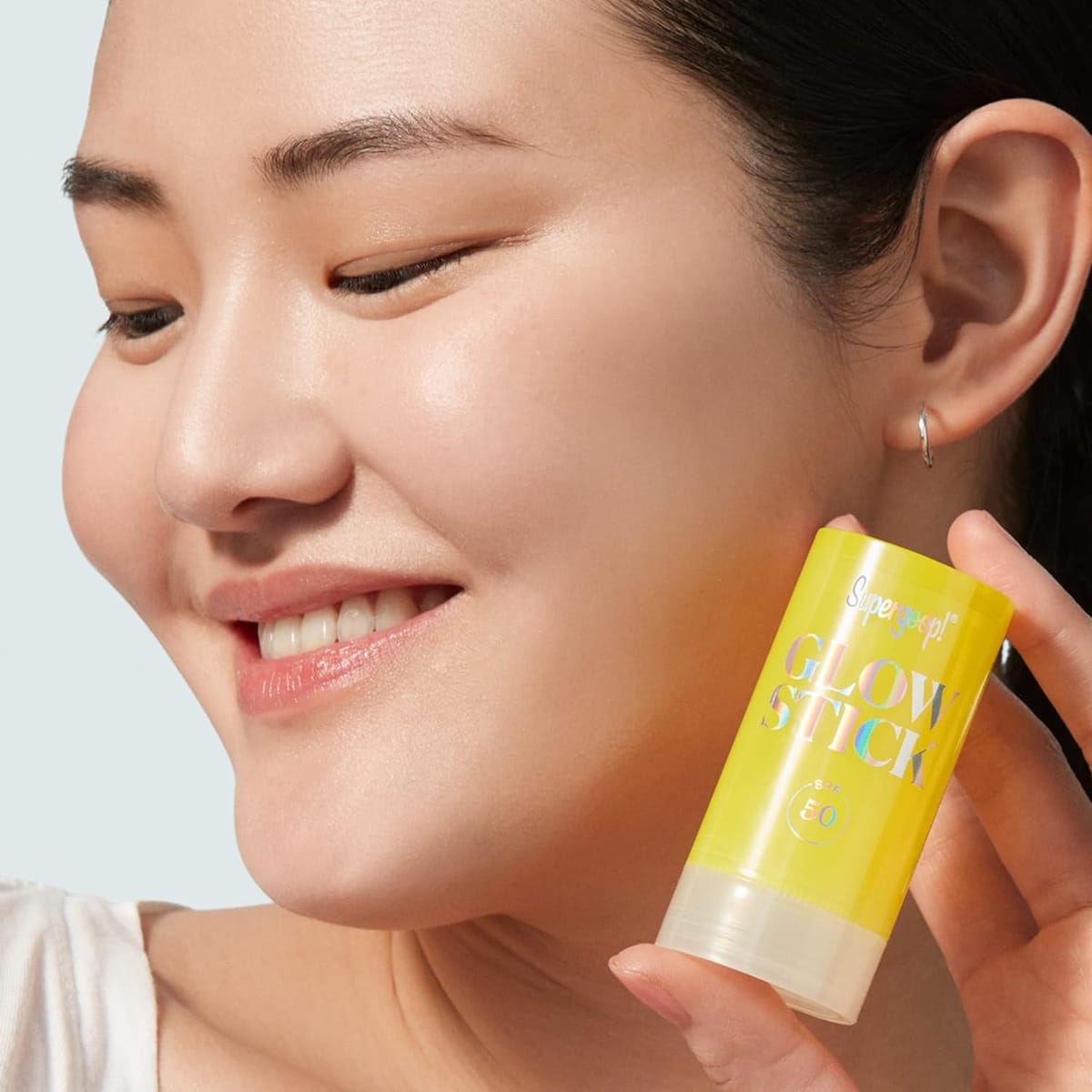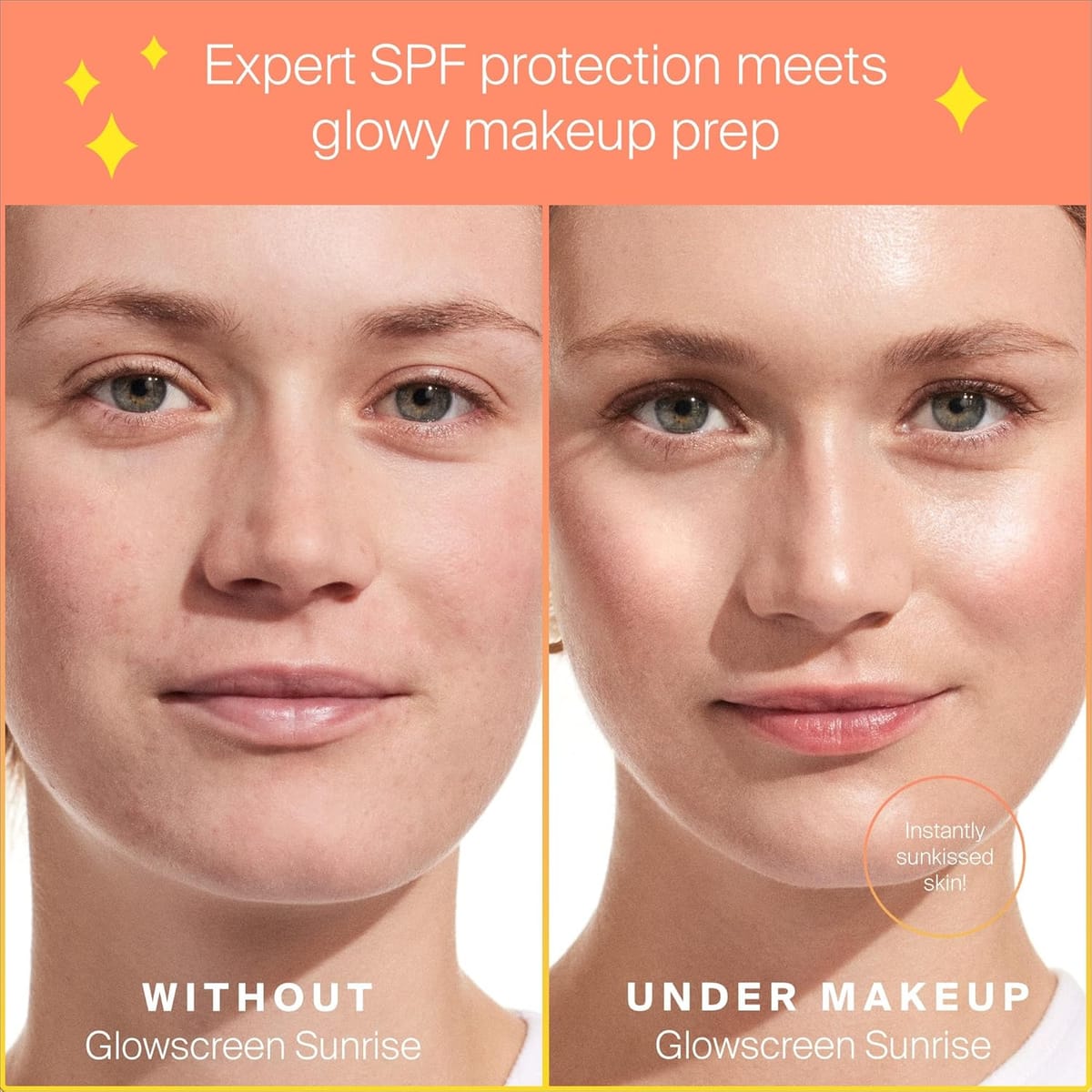Key Takeaways:
- Sunscreen can contribute to a glowing complexion by protecting against harmful UV rays and preventing sun damage.
- Broad spectrum protection is essential for maintaining skin health and achieving a radiant complexion.
- Incorporating sunscreen into your daily skincare routine can help prevent premature aging and uneven skin tone.
Introduction
When we think about sunscreen, the first thing that comes to mind is protection from sunburn and skin cancer. But did you know that sunscreen can also make your skin glow? Yes, you heard that right! Sunscreen is not just a shield against harmful UV rays; it can also be a secret weapon for achieving that coveted radiant complexion. Let's dive into how sunscreen can contribute to glowing skin and why it should be a staple in your daily skincare routine.
The Science Behind Sunscreen and Glowing Skin
Sunscreen works by forming a protective barrier on your skin that reflects or absorbs UV radiation. This protection is crucial because UV exposure can lead to sun damage, which manifests as dark spots, uneven skin tone, and premature aging. By preventing these issues, sunscreen helps maintain a more even skin tone and a youthful appearance.
Moreover, many sunscreens are now formulated with hydrating ingredients like hyaluronic acid and vitamin C. These ingredients not only protect your skin but also nourish it, giving you a natural glow. So, wearing sunscreen daily is a simple yet effective way to keep your skin looking fresh and radiant.
Broad Spectrum Protection: The Key to Radiant Skinof
When selecting a sunscreen, it's important to choose one that provides broad-spectrum protection. This means it guards against both harmful UVA and UVB rays. UVA rays go deep into the skin and are mainly responsible for premature aging, while UVB rays cause sunburn. Both types of rays can increase the risk of skin cancer.
Broad-spectrum sunscreen ensures that your skin is shielded from all angles, reducing the chances of sun damage and maintaining skin health. Look for sunscreens with ingredients like zinc oxide and titanium dioxide, which provide effective broad-spectrum and sun protection together.
Physical Sunscreens vs. Chemical Sunscreens
There are two main types of sunscreens: physical and chemical sunscreen. Physical sunscreens, also known as mineral sunscreens, contain active ingredients like zinc oxide and titanium dioxide. These ingredients sit on the skin's surface and reflect UV rays, making them ideal for sensitive skin.
Unlike chemical sunscreens which absorb UV radiation and convert it into heat, physical sunscreens are less likely to cause skin irritation or allergic reactions. They are also effective immediately upon application, whereas chemical sunscreens need about 20 minutes to become effective. For a glowing complexion, physical sunscreens are often the better choice.
The Role of Hydrating Ingredients in Sunscreen
Hydrating ingredients in sunscreen can make a significant difference in how your skin looks and feels. Ingredients like hyaluronic acid, glycerin, and argan oil help keep your skin hydrated, preventing dryness and flakiness. Hydrated skin is more likely to have a natural glow and appear more youthful.
Additionally, some sunscreens contain antioxidants like vitamin C, which can help combat free radicals and reduce visible signs of aging. These ingredients work together to not only protect your skin but also enhance its overall appearance.
Sunscreen and Uneven Skin Tone
Uneven skin tone is a common issue caused by sun exposure. UV rays can trigger the production of melanin, leading to dark spots and uneven pigmentation. By wearing sunscreen every day, you can prevent these issues and maintain a more even skin tone.
Regular use of sunscreen can also help fade existing dark spots over time. This is because it prevents further UV damage, allowing your skin to heal and regenerate. For best results, choose a sunscreen with a high SPF and broad-spectrum protection.
Sunscreen and Premature Aging
One of the most significant benefits of sunscreen is its ability to prevent premature aging. UV rays can degrade collagen and elastin, causing wrinkles, fine lines, and sagging skin. By less skin damage and protecting your skin from these harmful effects, sunscreen helps you maintain a youthful appearance.
Incorporating sunscreen into your daily skincare routine is a simple yet effective way to combat the visible signs of skin aging. Look for sunscreens that contain anti-aging ingredients like peptides and antioxidants for an added boost.
The Importance of Daily Sunscreen Use
Many people only think about applying sunscreen during the summer or when they plan to spend time outdoors. However, UV rays can penetrate clouds and windows, meaning your skin is exposed to them year-round. Daily sunscreen use is essential for protecting your skin from cumulative UV damage.
Make it a habit to apply sunscreen every morning as part of your skincare routine. Choose a lightweight, non-greasy formula that works well under makeup for added convenience. Consistent use of mineral sunscreen will help you achieve and maintain glowing skin.
Choosing the Right Sunscreen for Your Skin Type
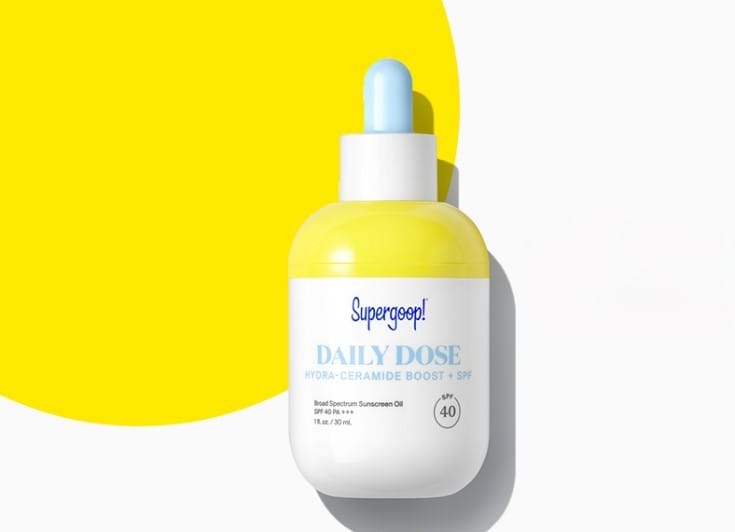
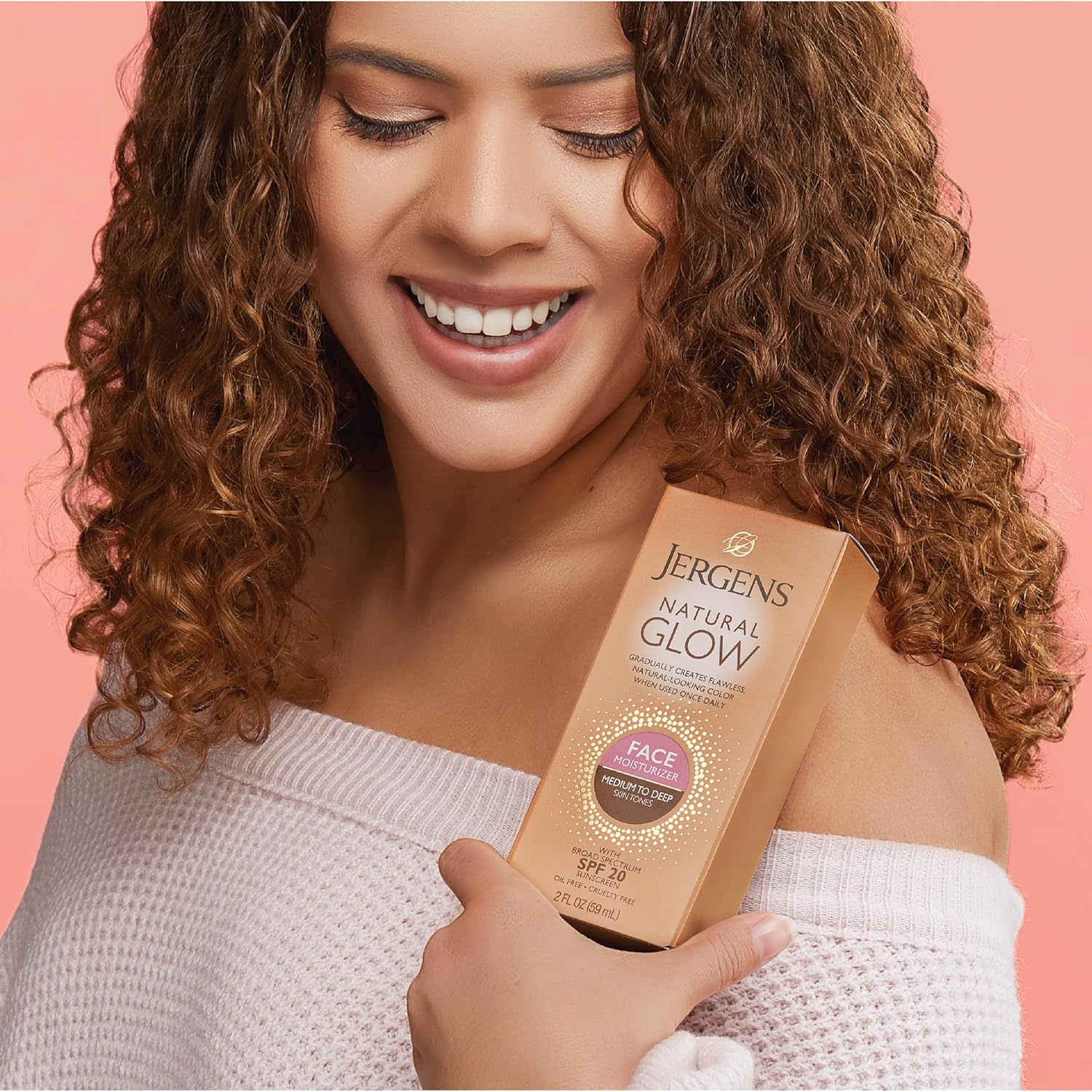
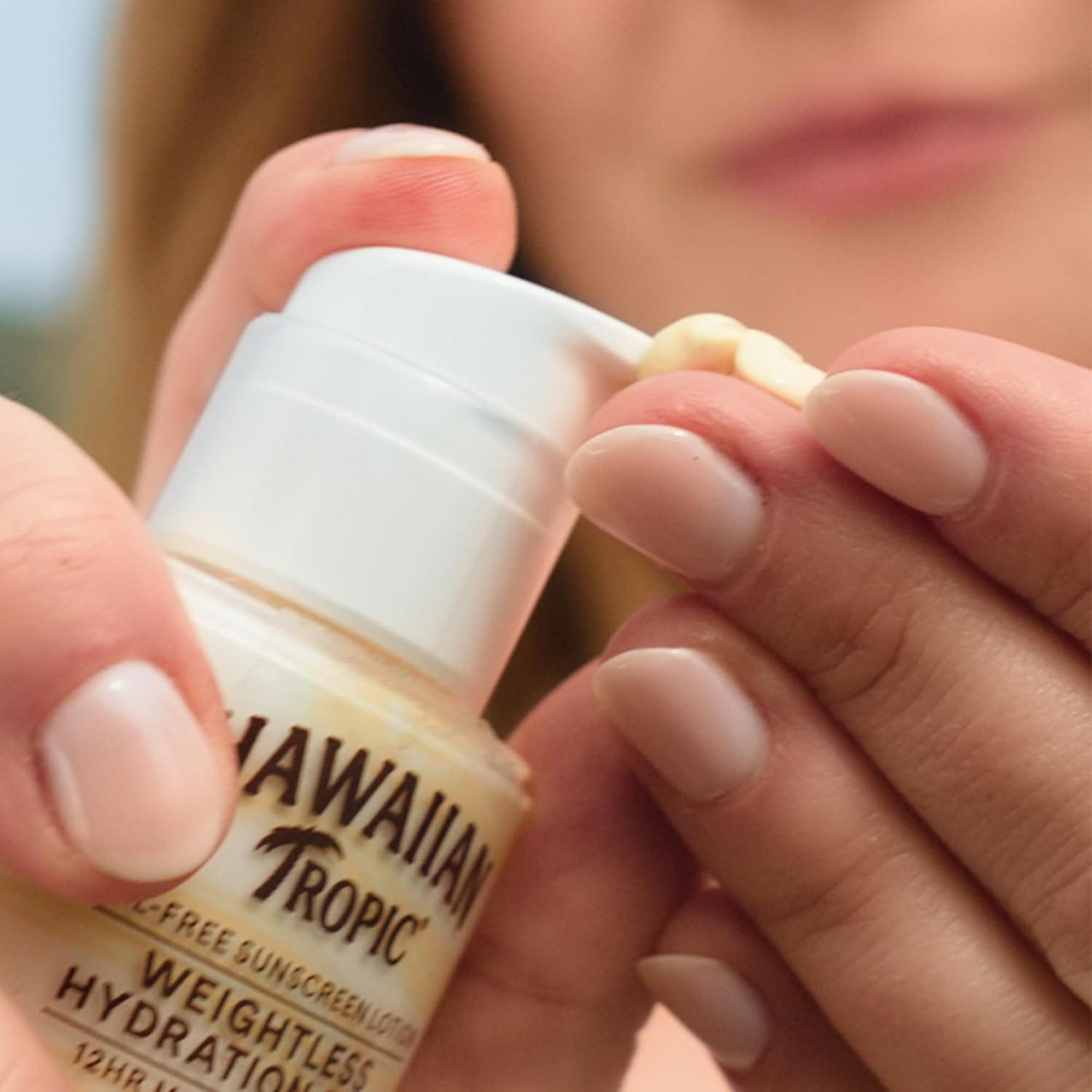
Selecting the right sunscreen for your skin type is crucial for achieving the best results. If you have oily or acne-prone skin, look for oil-free, non-comedogenic formulas that won't clog your pores. For dry skin, opt for sunscreens with hydrating ingredients like hyaluronic acid and glycerin.
Sensitive skin types should choose physical sunscreens with zinc oxide or titanium dioxide, as these are less likely to irritate. If you have combination skin, you may need to experiment with different formulas to find one that works best for you.
The Role of Sunscreen in a Comprehensive Skincare Routine
Sunscreen should be a cornerstone of your skincare routine, but it works best when combined with other skincare products. Cleanse your skin thoroughly before applying sunscreen to remove any dirt or impurities. Follow up with a moisturizer to keep your skin hydrated.
Incorporating antioxidants like vitamin C into your daily routine can provide additional protection against free radicals and enhance the effectiveness of your sunscreen. Remember to reapply sunscreen every two hours, especially if you're spending time outdoors or sweating.
The Benefits of Water-Resistant Sunscreen
If you plan to swim or participate in activities that cause you to sweat, water-resistant sunscreen is essential. These sunscreens are formulated to stay effective even when exposed to water, providing continuous protection against UV rays.
Water-resistant sunscreens are also ideal for everyday use, as they offer longer-lasting protection. Just be sure to reapply as directed, especially after swimming or towel-drying, to maintain optimal protection.
Sunscreen and Blue Light Protection
In addition to UV rays, blue light from electronic devices can also contribute to skin damage and aging. Some sunscreens now offer blue light protection, helping to shield your skin from the harmful effects of screen time.
Look for sunscreens that contain ingredients like iron oxides and antioxidants, which can help protect against blue light. Incorporating these products into your skin care routine can help you maintain a radiant complexion in our digital age.
The Impact of Sunscreen on Different Skin Tones
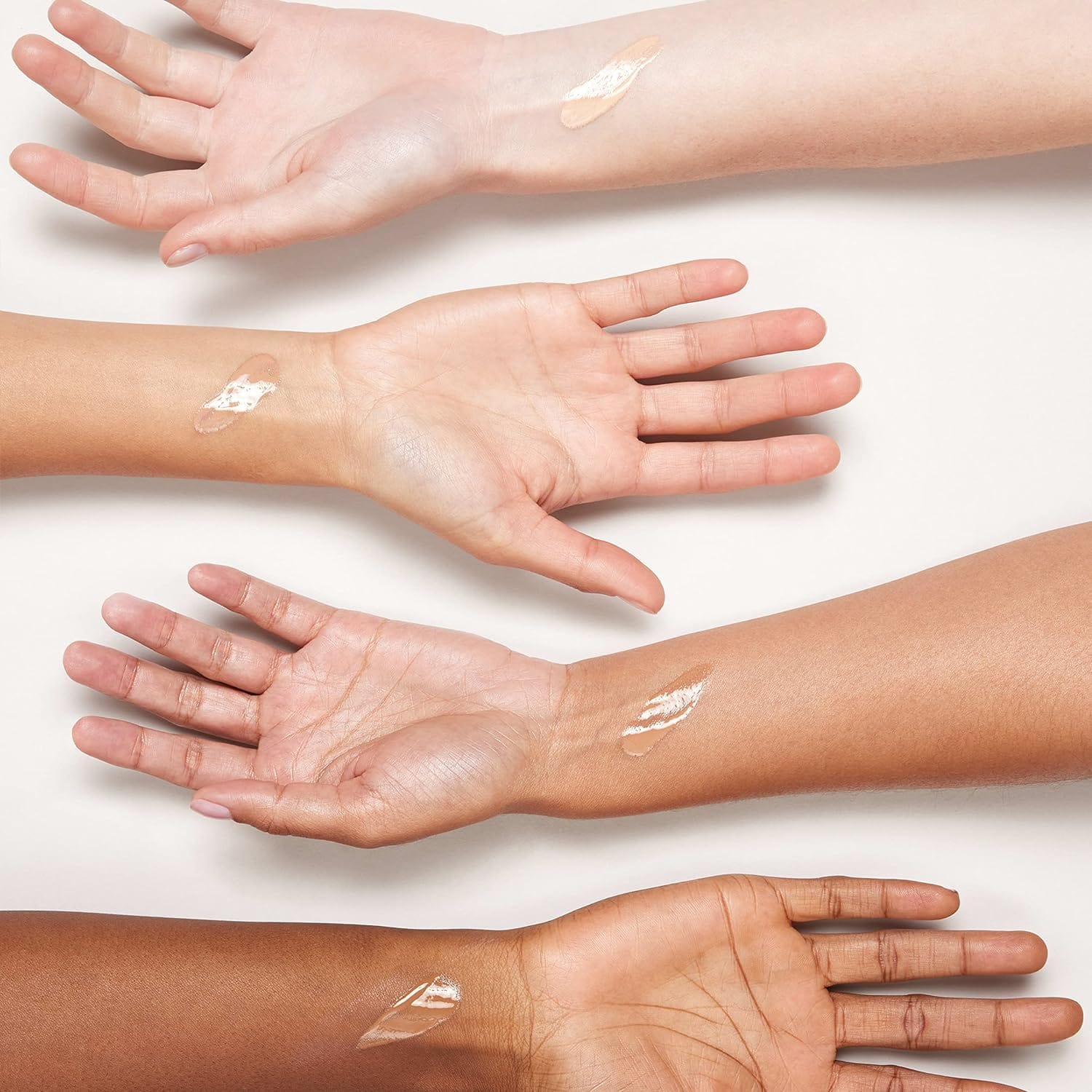
Sunscreen is essential for all skin tones, but finding the right formula can be challenging for those with darker skin. Some sunscreens can leave a white cast, making them less appealing for people with deeper skin tones.
Fortunately, many brands now offer tinted sunscreens or formulas specifically designed for darker skin. These products provide the same level of protection without the unwanted white residue, making it easier for everyone to enjoy the benefits of sunscreen.
The Role of Sunscreen in Preventing Skin Conditions
Regular sunscreen use can help prevent various skin conditions caused by UV sun exposure, such as sunburn, age spots, and even skin cancer. By protecting your skin from harmful UV rays sunscreen helps you maintain healthy, glowing skin.
In addition to preventing these conditions, sunscreen can also help manage existing skin issues. For example, if you have melasma or rosacea, wearing sunscreen can prevent flare-ups and keep your skin looking its best.
The Best Sunscreen for Glowing Skin
When it comes to choosing the best sunscreen for glowing skin, look for products that offer broad-spectrum protection, contain hydrating ingredients, and are suitable for your skin type. Some top-rated options include:
EltaMD UV Clear Broad-Spectrum SPF 46: This sunscreen is perfect for sensitive and acne-prone skin, providing broad-spectrum protection and incorporating niacinamide for additional skin benefits.
La Roche-Posay Anthelios Melt-in Milk Sunscreen SPF 100: This water-resistant sunscreen provides high-level protection and is enriched with antioxidants to help combat free radicals.
Supergoop! Unseen Sunscreen SPF 40: This lightweight, invisible formula is perfect for all skin types and works well under makeup.
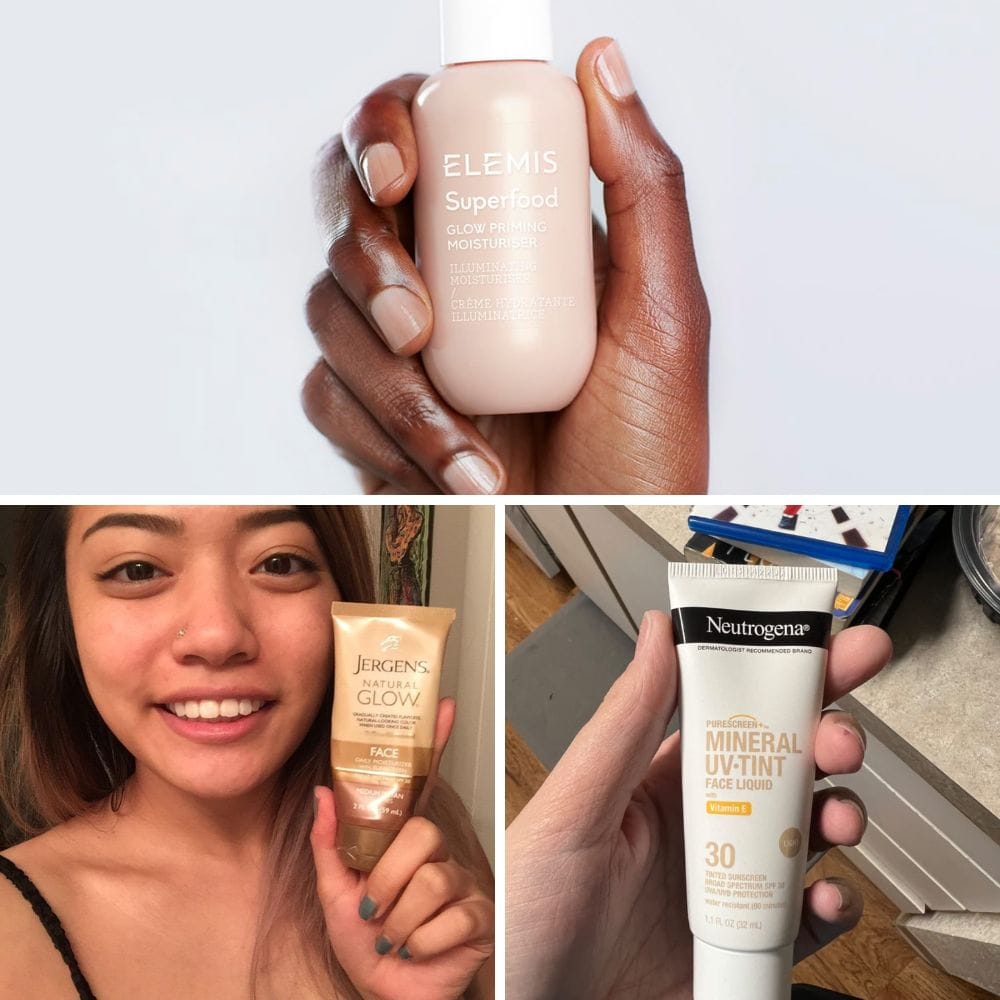

Can sunscreen make your skin glow?
Yes, sunscreen can make your skin glow by protecting it from UV damage, preventing dark spots and uneven skin tone, and incorporating hydrating ingredients that nourish your skin.
How often should I apply sunscreen?
You should apply sunscreen every morning as part of your daily skincare routine and reapply every two hours, especially if sun's rays and you're spending time outdoors or sweating.
What type of sunscreen is best for sensitive skin?
Physical sunscreens with ingredients like zinc oxide and titanium dioxide are best for sensitive skin, as they are less likely to cause irritation or allergic reactions.

Sunscreen is a powerful tool for achieving and maintaining glowing skin. By protecting against harmful UV rays, preventing sun damage, and incorporating hydrating ingredients, sunscreen helps you achieve a radiant complexion. Make sunscreen a daily part of your skincare routine to enjoy its full benefits and keep your skin looking its best.
